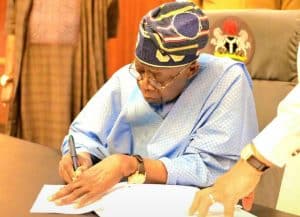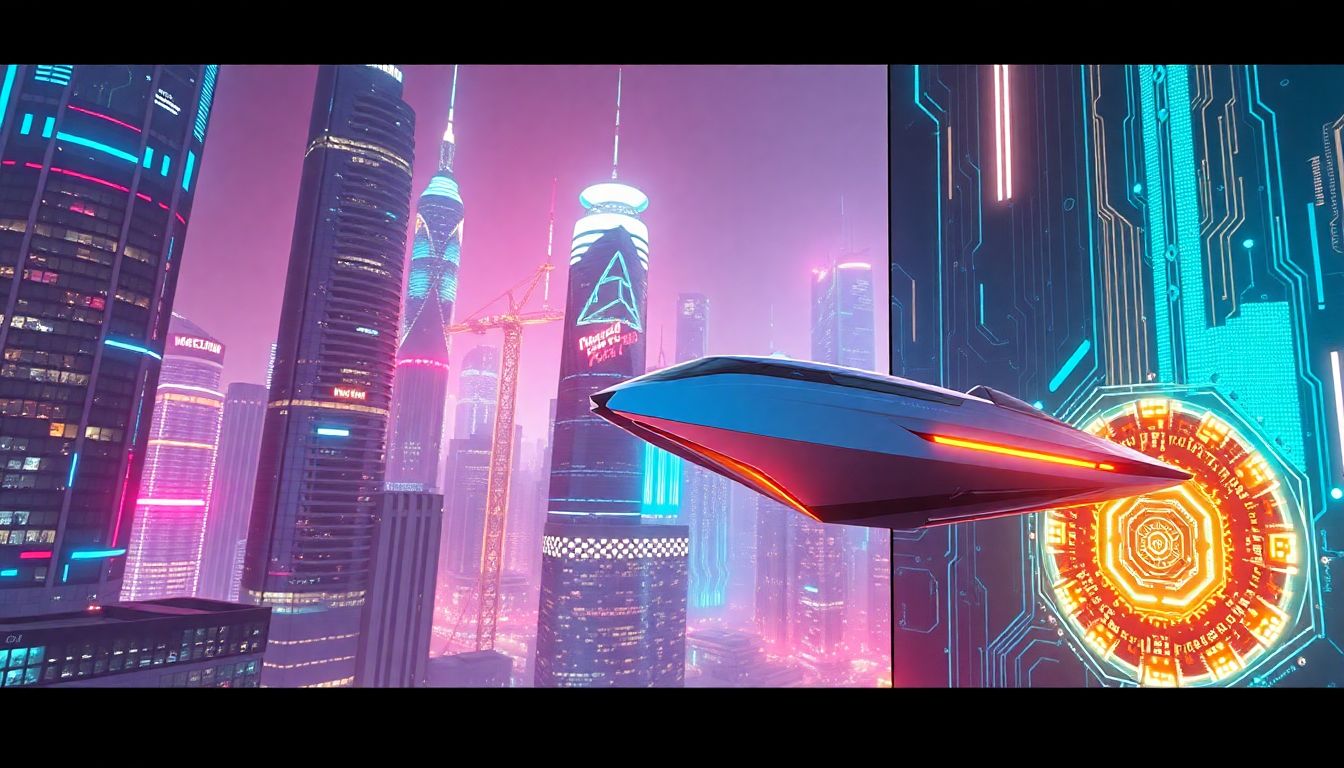‘Now That Tinubu Has Reshuffled His Cabinet, What’s Next?’


Some weeks back, President Bola Tinubu announced the reshuffling of his cabinet in a bid to establish a more favourable economy.
Tinubu had implemented eight actions which included sacking five ministers, reassigning ten others to new ministerial portfolios, appointing seven new ministers for Senate confirmation, renaming the Ministry of Niger Delta Development to the Ministry of Regional Development to oversee the Regional Development Commissions, scrapping the Ministry of Sports Development and transferring its functions to the National Sports Commission, among others.
The sacked ministers were:
– Uju-Ken Ohanenye, Minister of Women Affairs
– Lola Ade-John, Minister of Tourism
– Tahir Mamman, Minister of Education
– Abdullahi Gwarzo, Minister of State, Housing and Urban Development
– Jamila Ibrahim, Minister of Youth Development
What was evident in the reshuffling was a restructuring which aligned with the requirement outlined in the Oronsaye Report.
This could be seen in merging the Ministry of Tourism with the Ministry of Arts and Creative Economy to form the Ministry of Arts, Culture, Tourism and Creative Economy.
The President also abolished the Ministry of Niger-Delta Development and, in its place, created the Ministry of Regional Development to oversee the various regional development Commissions in the country, including the Niger-Delta Development Commission and North-East Development Commission, as well as the North-West Development Commission and South-East Development Commission, recently established by the Tinubu administration.
Creating separate ministries for each region, like in the case of the Niger Delta in the earlier dispensation, would have been an unnecessary duplication and addition to the governance cost.
As part of the restructuring, the President also ensured that there are no longer two ministers in the ministries of Police Affairs and Youth Development, thus further reducing overheads.
However, while these changes should be applauded, the elephant in the room has been ignored.
Despite these changes, pressing issues like high inflation – which surged to 33.88% in October 2024, up from 32.70% in September – depreciating naira, insecurity, and soaring fuel prices remain unaddressed.
What is quite glaring from this reshuffle is not just what changed but what remains unchanged.
So, the question remains: Now that the reshuffling has ended, what will Tinubu do for Nigeria next?
Considering the insecurity, inflation, unemployment, fuel scarcity, constant grid collapse in the country, perhaps the President should have started his reshuffling from the Ministry of Defence, Finance, Petroleum and Power.
However, these ministries were ignored.
While reforms and reshuffling are crucial, these measures risk being seen as mere window dressing, essentially changing the container without altering its contents if crucial sectors are left untouched.
This would leave Nigerians without the impactful changes they are eagerly awaiting.
However, in an exclusive interview with Naija News, a former deputy governor of Ogun State, Senator Gbenga Kaka said that all hope is not lost.
Do you think a reshuffling of the President’s Cabinet was necessary, or should the focus be on Tinubu’s economic policies?
“Both are needed. By the time Tinubu took the responsibility to govern the nation and sought the mandate of the people which was fully given naturally he knows his responsibility.
“In the first instance, constant monitoring for feedback, review, and control are sine qua non for efficient management of processes, be it for social or mechanical structures building.
You plan, you organise, you coordinate your implementation strategies, and then review by analysing the feedback so that from time to time you keep on fine-tuning your structure to comply with what you have in mind to deliver to the good people of the country. So he has just done that and I don’t see any reason why anyone would feel concerned.
“Any success or failure recorded will be his own nobody will say Gbenga Kaka. It is the responsibility of Mr President. He has the responsibility and from the first month of assuming power he has the prerogative to change his team members so that he keep on striving for the best in the country. So there is nothing wrong as many times as possible there is nothing.
“Although some people might think it is a sign of instability. I wholeheartedly disagree with such a notion. Under emergency situations, bothering on life and death, we have to keep moving until a reasonable balance in our structure is attained. If, for whatever reason, there is a mistake in selection or placement, you have to keep on the changes until a reasonable balance is attained.”
Reshuffling his cabinet while his economic policies remain the same can this not be compared to changing the package of a product while the content remains the same?
“You are assuming, I am a marketer, so when you have a product, if the brand seems not to be selling then you just have to rebrand. In this case nothing is affecting the product, the product is getting the job done.”
But the economic policies are the same, the presidency has said that they stand by their economic reforms and they might not change them anytime soon.
“You are jumping the gun. Where is the policy? Economic policy that is not working whether they like it or not they just have to change it. The people are dreaming that one day the exchange rate of dollar to naira will come back to normalcy.
“The wilderness can not just continue. People are anticipating actions on fuel prices moderation rather than the ongoing open market price determination. We have a burgeoning monopoly in Dangote. What we can do is further open the market and let there be competition. It is under a competitive market environment that the common man can have the best for their naira and kobo. Even where possible, that subsidy , some of us believe, should not go totally. It is one of those social comfort spread like education, portable water, and health care provisions that touch everyone else fairly well.
“So where possible, make things easy (at least bearable) for the people and not create a government by the elites and for the elites only.”
So what you are saying, in essence, is that if the economic hardship continues, you believe that Tinubu might give in and make a change.
“I don’t know his mind, am only volunteering my own analysis of the situation. Like I said earlier the buck stops at his table. Whether he changes or not the most important thing is to get the result. Even in advanced countries they do subsidise and many things are supposed to be subsidised.
“When we talk of insecurity, we have insecurity of life and property we have insecurity of health. People forget that we have food insecurity.
“People do forget we have many forms of insecurities other than life and properties. Education, food, health, electricity, and “pure water” alternative to portable water to mention but a few insecurities that are deserving of critical attention for continuing subsidy, as many citizens are incapable of absorbing wholesale any of the subsidy removal.”
“Partial or wholesale subsidy removal will be meaningless if no deterrence is allowed for those responsible for past sabotaging of the good government intention.
“So he has to come up with his own solution of removing the subsidy but in removing it, those who are responsible who led us to where we are they are yet to be given punishment and until that is done the pain inflicted on the common man cannot just go away.”
The post ‘Now That Tinubu Has Reshuffled His Cabinet, What’s Next?’ appeared first on Naija News.







